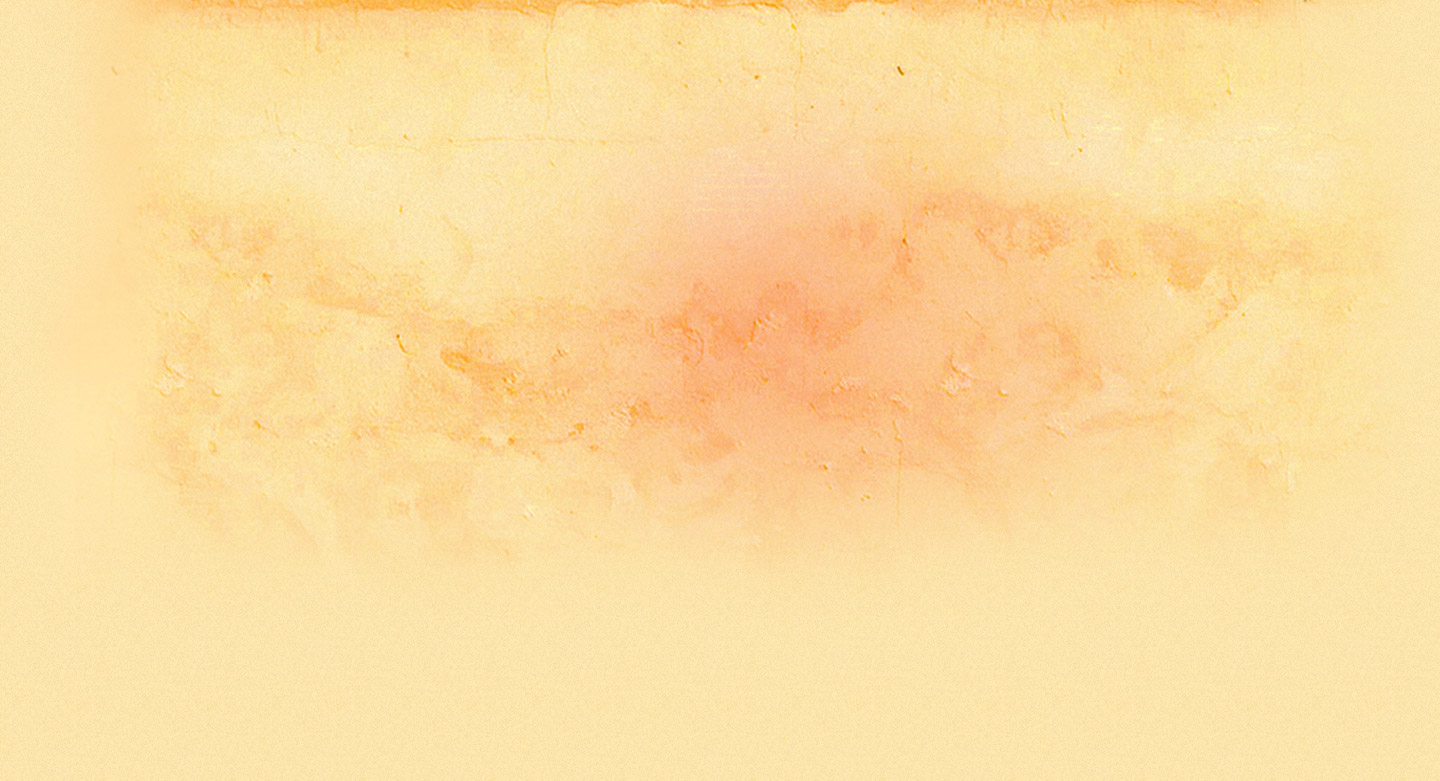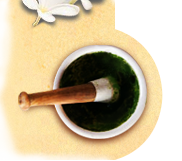


















Kidney stones are one of the most common disorders of the urinary tract. People, whose diet is rich in animal protein and low in fibre and fluids, are at higher risk of developing kidney stones. People working under high stress levels with a family history of kidney stones, patients who are bedridden, and people with high blood pressure are also prone to develop kidney stones.
The incidence of kidney stones has been increasing over the past 20 years. On an average, men have an incidence of one in 14 and women of one in 30. People between the ages of 20 and 40 are more likely to develop the condition, as are those with persistent heartburn and those who take antacids for long periods.
Crystals that form in urine and build up on the inner surfaces of the kidney can form stones in the kidney, the ureter, or the bladder. These stones contain various combinations of minerals and other chemicals, some of which are derived from your diet.
Normally, urine contains factors that inhibit stone-building substances from forming crystals, like magnesium, citrate, pyrophosphate etc. A deficiency in these protective substances can result in the formation of crystals. Changes in the pH of the urine, that causes acid or alkaline imbalances, can also affect stone precipitation.
Other causes of kidney stones are a disorder of uric acid metabolism, gout, excess, intake of vitamin D, and blockage of the urinary tact. Certain diuretics or calcium-based antacids may increase the risk of forming kidney stones by increasing the amount of calcium in the urine.
About 70 per cent to 80 per cent of all kidney stones are composed of calcium generally combined with oxalate. Oxalate or oxalic acid is found in a number of common vegetables, fruits, and grains. About 2 per cent are composed of calcium phosphate. About 10 per cent of stones are made up of uric acid, which is the end product of purine metabolism—a nitrogen compound found in protein. Another 9 per cent to 17 per cent of stones are struvite: they are made of magnesium ammonium phosphate. Struvite stones are usually associated with certain urinary tract infections.
Symptoms
In many cases, kidney stones develop silently. You may not experience symptoms in the beginning.
However, when symptoms occur, they frequently include severe pain and blood in your urine. Remember, the size of the stone does not necessarily predict the severity of the pain. You may notice blood in the urine if the stone becomes large. There may be nausea and vomiting. If fever and chills accompany any of these symptoms, you should suspect a urinary tract infection.
Guidelines